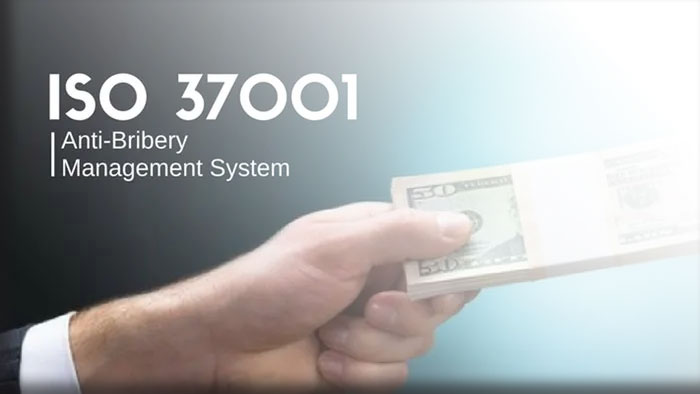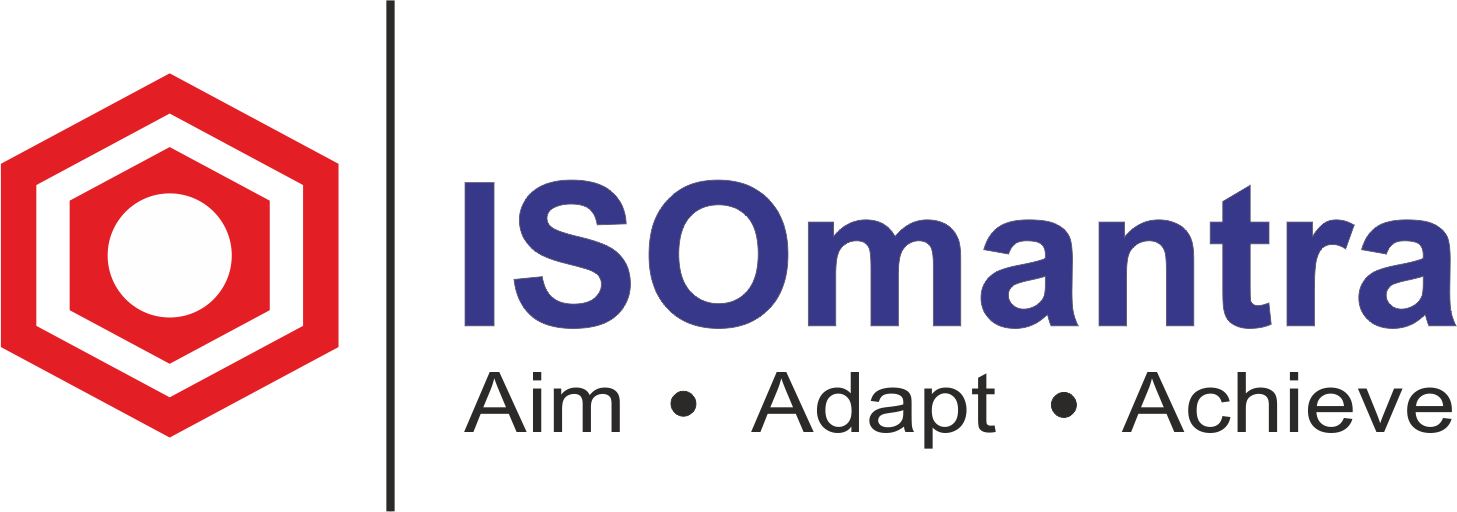
ISO 37001 – Anti-Bribery Management Systems was developed so that businesses can act more proactively and avoid the practice of bribery, which is frequently responsible for causing confidence crises that can destroy an organization’s image and profitability.
This blog will teach you about the main components that control this norm.
Bribes are estimated to cost between $1 and $2 trillion each year by the World Bank and the International Monetary Fund. Taking into account other corrupt activities, it is estimated that amounts “syphoned” illegally result in incalculable economic damage.
When businesses fail to invest these amounts in increasing the quality of their products and services, and when they fail to prevent dishonest conduct, their reputation suffers. This repels customers and, as a result, reduces income.
The strong dedication of corporate executives to clarity and ethics helps tremendously in resisting bribery, although it is not always enough to protect one’s reputation.
Regaining trust is a difficult, if not impossible, task. Often, the only option is to just shut the doors.
In this regard, ISO 37001 is a powerfully in the fight against this tragic circumstance.
What exactly is ISO 37001?
ISO 37001 is a standard that specifies the standards and instructions for organizations that want to set up, implement, maintain, and improve their anti-bribery management system. The standard is founded on best practices from around the world. It consists of a number of procedures and controls targeted at raising the possibility of discovering and decreasing bribes.
ISO 37001 addresses two issues –
- Bribes are paid by the organisation, its employees, or business partners acting on its behalf or for its advantage.
- Bribes are paid to the organisation, its employees, or business partners in connection with the organization’s activities.
What’s the distinction between bribery and corruption?
Bribery and corruption are similar phrases, although they are used inappropriately in some circumstances, raising questions.
Bribery is an illegal behavior in which an individual is persuaded to perform certain conduct in exchange for a benefit. It normally involves money, although it can also include services, trips, or tangible items.
Corruption is the outcome of bribery and can occur in both public and private organizations.
When a system becomes “corrupted,” it is weakened, which has a number of repercussions. The repercussions may impact citizens’ quality of life, discourage foreign investment, or limit the country’s development and prosperity, among other things.

